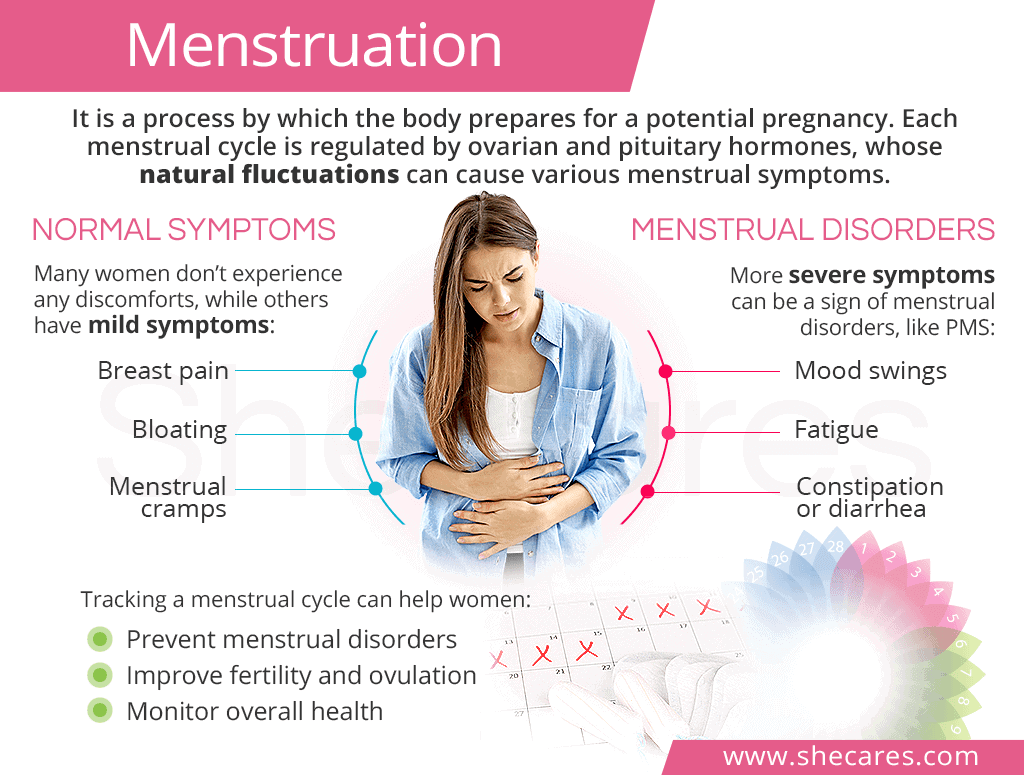Many adolescent girls and women lack the resources they need to manage their menstrual cycles in a sanitary manner while retaining their privacy, dignity, and gender equality at home, school, and job. No matter what sort of menstruation problem you have, you should always see a gynaecologist who will be able to identify all of your concerns after making the proper diagnosis.
The physical, social, and mental elements of menstruation or periods are all included in menstrual health. Due to a male-dominated society, illiteracy, low socio-economic conditions, and ignorance, women’s health has been pushed to the backburner in India. PCOS (polycystic ovarian syndrome) and abnormal or excessive menstrual flow are the most prevalent reasons of menstrual difficulties. In India, menstruation, or monthly periods, is connected with a number of social and cultural taboos. Many adolescent girls and women lack the resources they need to manage their menstrual cycles in a sanitary manner while retaining their privacy, dignity, and gender equality at home, school, and job.
So, what does it mean to have a regular period? A typical menstrual cycle lasts between 2 and 7 days and occurs every 21 to 35 days. The real menstrual flow might be difficult to measure. On average, three to four XL or ordinary size sanitary pads per day can be regarded typical (because they must be changed every six to eight hours), however this may vary depending on the person.
Genital tract infections, anaemia, and urinary tract infections can all be caused by using dirty sanitary pads or clothing. Social awareness and the simple availability of inexpensive sanitary goods can help to prevent this. To avoid such problems, it is also necessary to acquire the necessary information about menstruation hygiene. During periods, one may experience either an abundance or a scarcity of blood flow. Heavy menstrual flow usually lasts 1-2 days, but if it lasts more than 5-7 days, it might cause low haemoglobin and anaemia. This is something that should be looked at and handled along with oral iron replacement therapy. Hormonal imbalance might cause reduced flow or a change in flow over time.women







